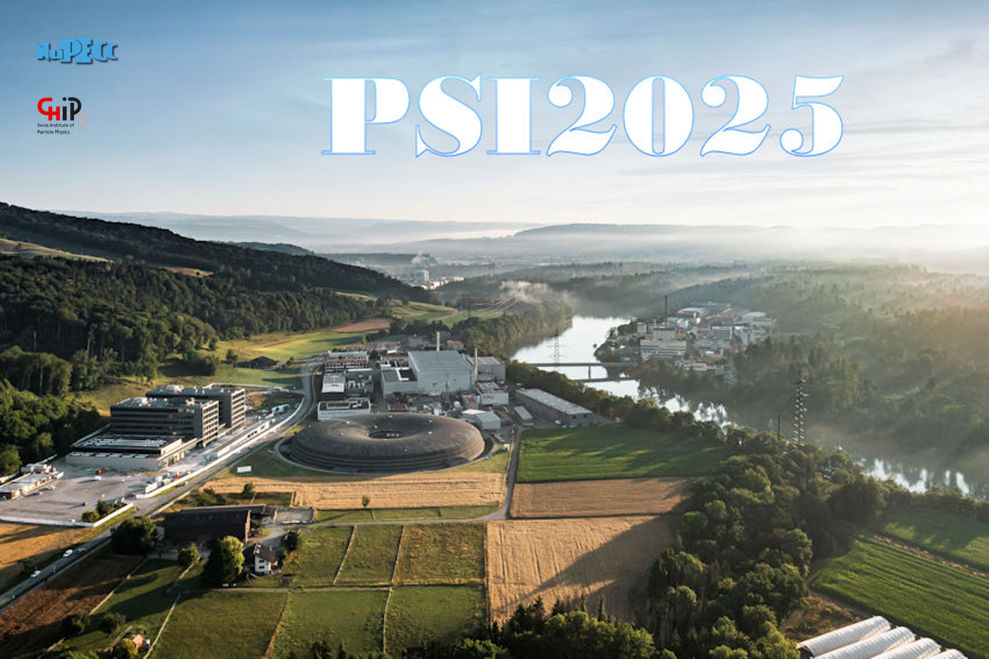Speaker
Description
The PIONEER experiment intends to measure rare pion decays at the PSI PiE5 beamline to achieve the most precise test of lepton flavor universality to date. To achieve the necessary statistics for PIONEER, a pion stop rate of more than 300 kHz must be employed; such high beam rates result in significant pileup in the calorimeter used to differentiate between pion and muon decay products, which motivates calorimeter segmentation as a means to curtail pileup. LYSO crystals are an intrinsically segmented calorimeter option that has been demonstrated at a previous 2023 PiM1 beam time to meet PIONEER calorimeter specifications, where a 1.52% energy resolution at 70 MeV was measured with rectilinear crystals. The desired azimuthal symmetry of the calorimeter can be achieved using larger, tapered crystal geometries. Six LYSO crystals with this design have been grown and tested at low energies using sealed radioactive sources, for which excellent energy resolution and uniformity has been confirmed. Ongoing tests at the PSI PiM1 beamline are evaluating crystal performance using positrons at the PIONEER energy scale.
